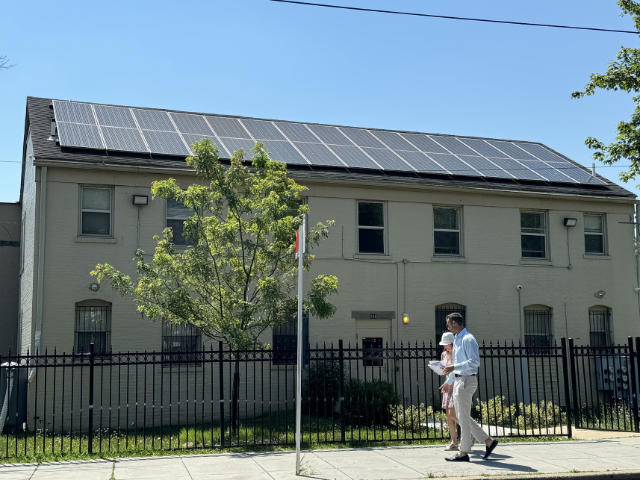News
Learn the latest on our business and gain market insights from our leading-edge research.
February 24 Guide Bulletin
We’ve updated the Freddie Mac Multifamily Seller/Servicer Guide. Read the news article to learn about the changes.
-
February 17, 2026
Building a Community of Opportunity in Southeast D.C.
In Southeast Washington, D.C., at-risk youth have a new opportunity to prepare for a stable future at Wayne Place II — thanks to our partnership with Optigo® lender PNC Bank. More
-
February 6, 2026
New Affordability Test Available
We published a new Affordability Test, version 6.8. More
-
January 15, 2026
2025 Freddie Mac Multifamily Production Volume Tops $77 Billion, Up 17% Year Over Year
Freddie Mac Multifamily today announced its 2025 production volume totaled $77.6 billion, a 17% increase over 2024. In 2025, Freddie Mac supported over 577,000 affordable... More -
January 8, 2026
Freddie Mac Multifamily Issued $68 Billion in 2025 Securities
Freddie Mac issued $68 billion of multifamily securities in 2025, transferring interest rate risk, liquidity risk and... More


